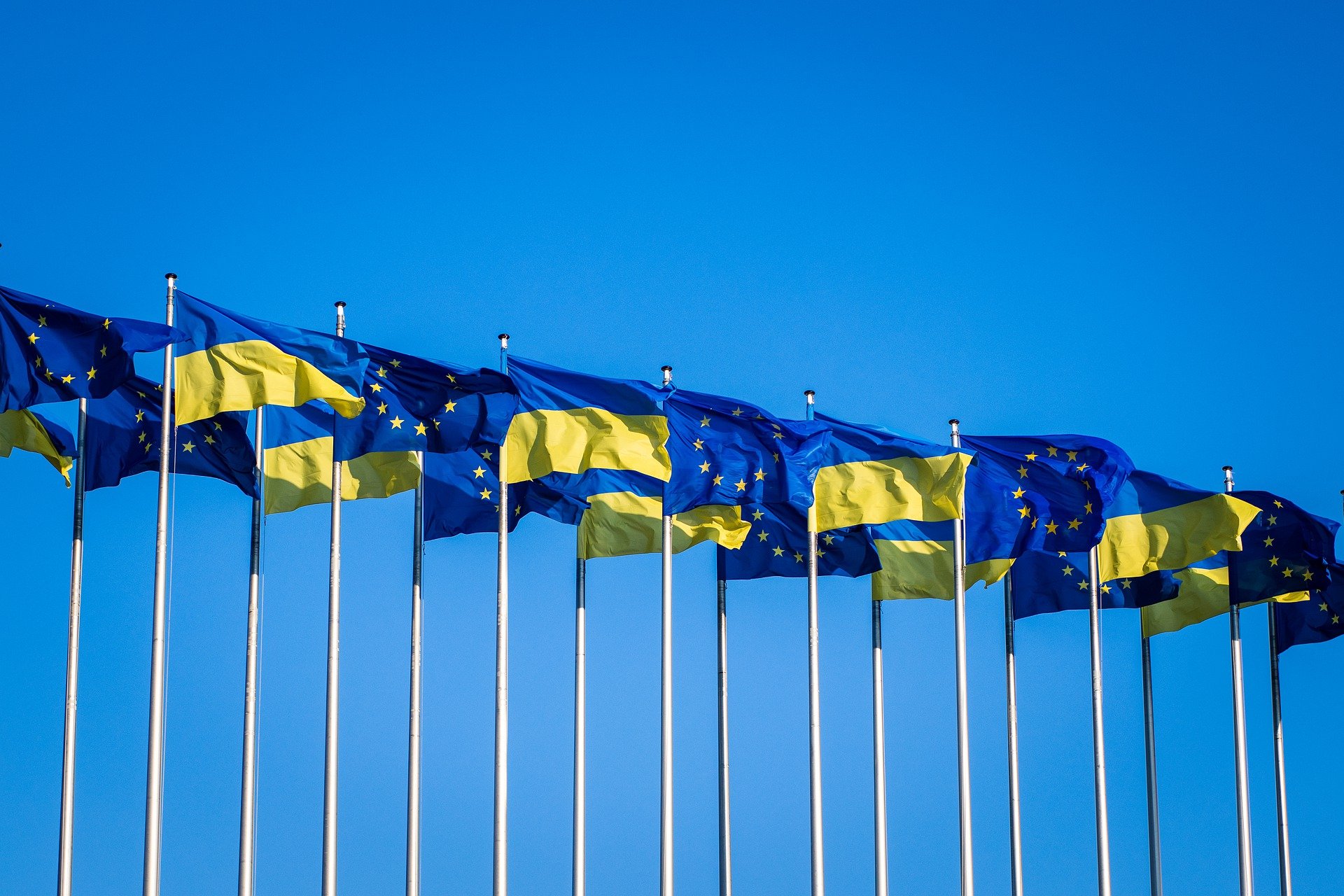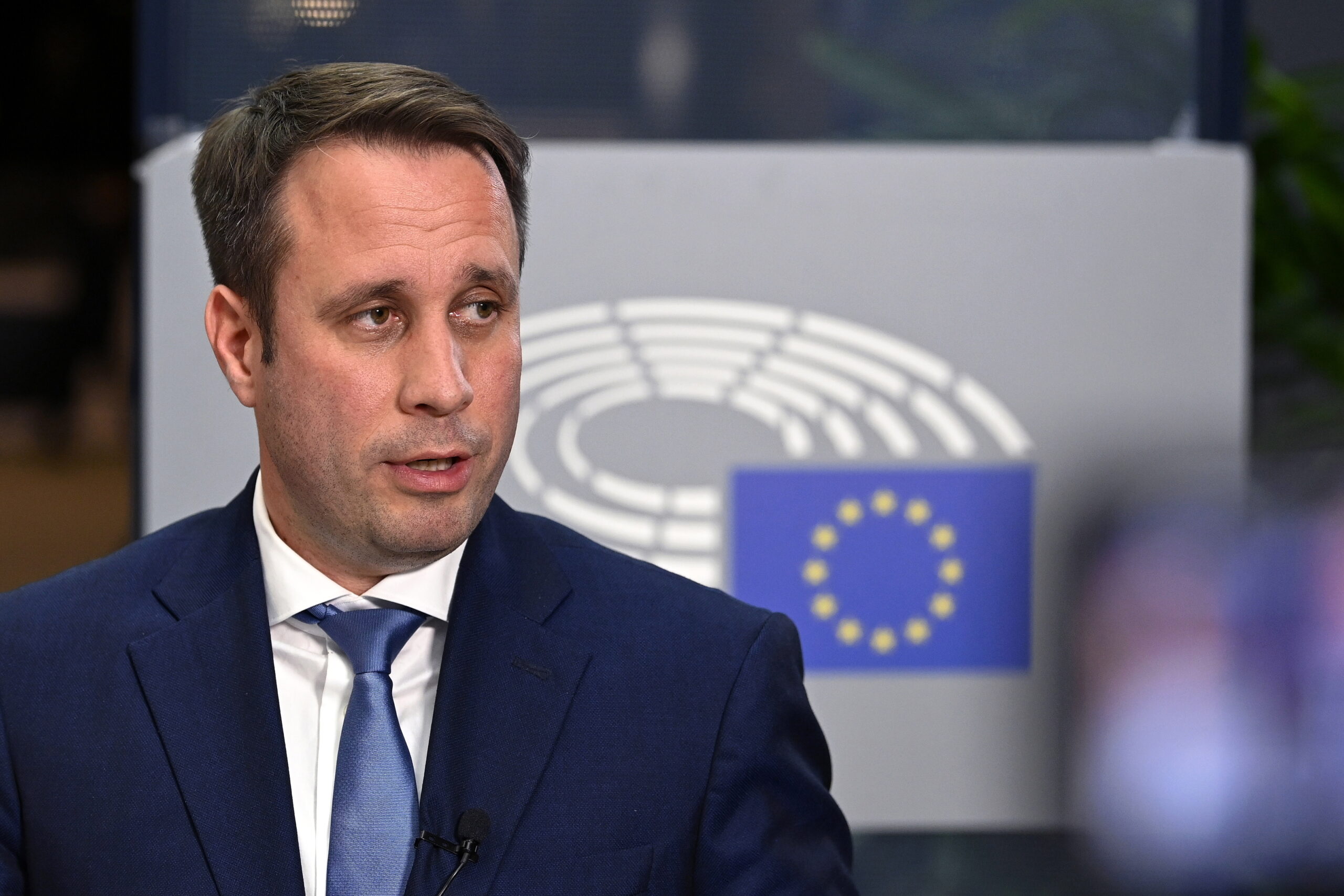
Ukraine's accession would upset the current balance of power in the European Union.Continue reading

The European Parliament has clearly admitted that it is maintaining the rule of law procedure against Hungary and withholding EU funds in order to support the Tisza Party, Fidesz MEP Csaba Dömötör said in a statement to MTI on Wednesday.
He noted that at this week’s meeting of the EP’s budget committee, Kinga Kollár, a Tisza Party MEP, spoke with “shocking frankness about the positive side of withholding EU funds and economic damage, which is that it strengthens the opposition.” He added that in her speech, she clearly linked the rule of law procedure to the 2026 Hungarian elections.
Csaba Dömötör pointed out that
it is already common for the opposition parties to pursue a policy of “the worse for the country, the better for them,” but the fact that they even boast about it is a step down in Hungarian politics.
He remarked that the Democratic Coalition (DK) and Momentum had previously been found to be lobbying behind the scenes for punitive measures against Hungary. The Tisza Party is now doing so openly, he added.
The Fidesz politician observed that the President of the European Commission had previously made it clear before the Italian elections that if the vote did not produce the result they wanted, “they have the means to intervene,” as they did in the case of Poland. “The Brussels elites want to see leaders in Hungary who will fall in line and conform to their expectations. Who will vote for extra subsidies for the war, will not oppose the migration pact, will accept ideological madness and the gradual withdrawal of Member State powers,” emphasized Mr. Dömötör. In his opinion, those who accept it will get all the support they need: rule of law proceedings, hiding behind immunity, campaign support for their events in Hungary.
Dömötör noted that the committee meeting also included speeches by “so-called civil society” organizations, supported by the European Commission with huge sums of money. Thus, in his opinion, it was not really about the voice of NGOs, but about the organizations funded by the Commission. They also talked about how the rule of law procedures could affect the election results, he pointed out.
He stressed that
the European Commission, according to a report by the European Court of Auditors, has spent around 6.9 billion euros in recent years to support political activist groups that are called civil society, and that it has done so in a non-transparent way.
In addition, they want to further strengthen the censorship apparatus, because this is also part of the intervention toolbox. “Hungary, however, does not give in to political or financial blackmail, and as far as the opposition is concerned, Hungary has never had majority support for those who are supported from abroad and who adapt their own policies to foreign expectations,” he stressed.
| While Europeans struggle with inflation and insecurity, the EU hands €7 billion to shady NGOs with zero control or transparency.
The EU Court of Auditors confirms: hidden lobbying, no value checks, no accountability.
This isn’t transparency. It’s state-funded activism. pic.twitter.com/ess7frBgE1
— Patriots for Europe (@PatriotsEP) April 8, 2025
As for the national consultation on Ukraine’s EU membership, Dömötör stressed that this is one of the most serious debates, as the question of whether Ukraine will be fast-tracked for membership and whether it will receive additional budgetary support in an institutionalized way will fundamentally determine the future of the European Union.
He added that this debate is so dominant that, for example, even questions about the future of agricultural policy are strongly influenced. “Ursula von der Leyen has a clear position on this issue and believes that Ukraine could become a member of the European Union before 2030,” warned the Fidesz MEP.
However, the Hungarian government believes that it is not okay to promise membership in a virtually blank way, without any meaningful debate on the issues involved, and without taking the basic steps. For example, there has been no discussion of the impact this would have on public security, aid policy, or agricultural policy, especially in the light of the fact that Ukraine’s accession would bring a new agricultural area equivalent to one third of the EU’s arable land, argued Dömötör.
Via MTI, Featured photo via MTI/Purger Tamás